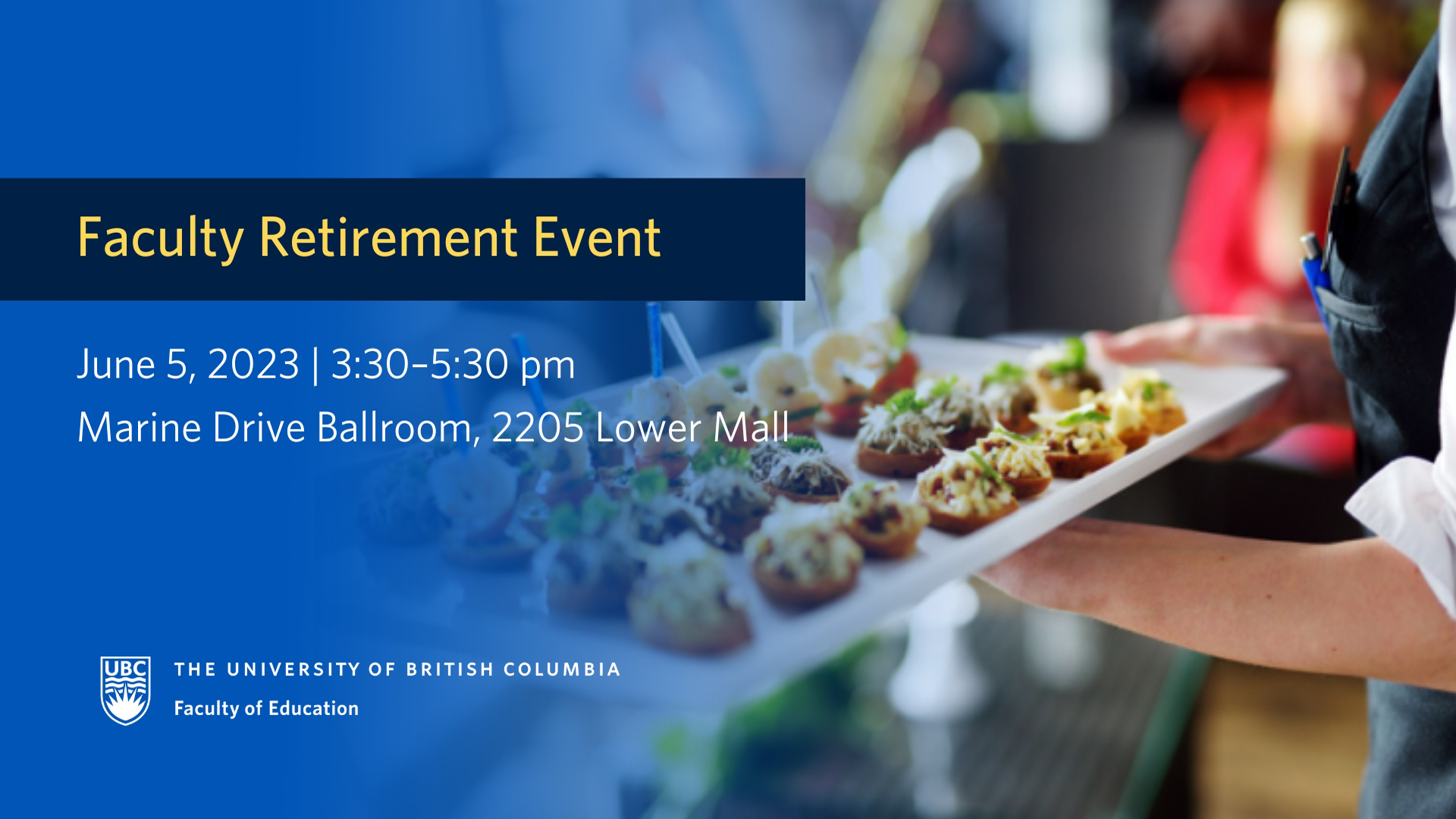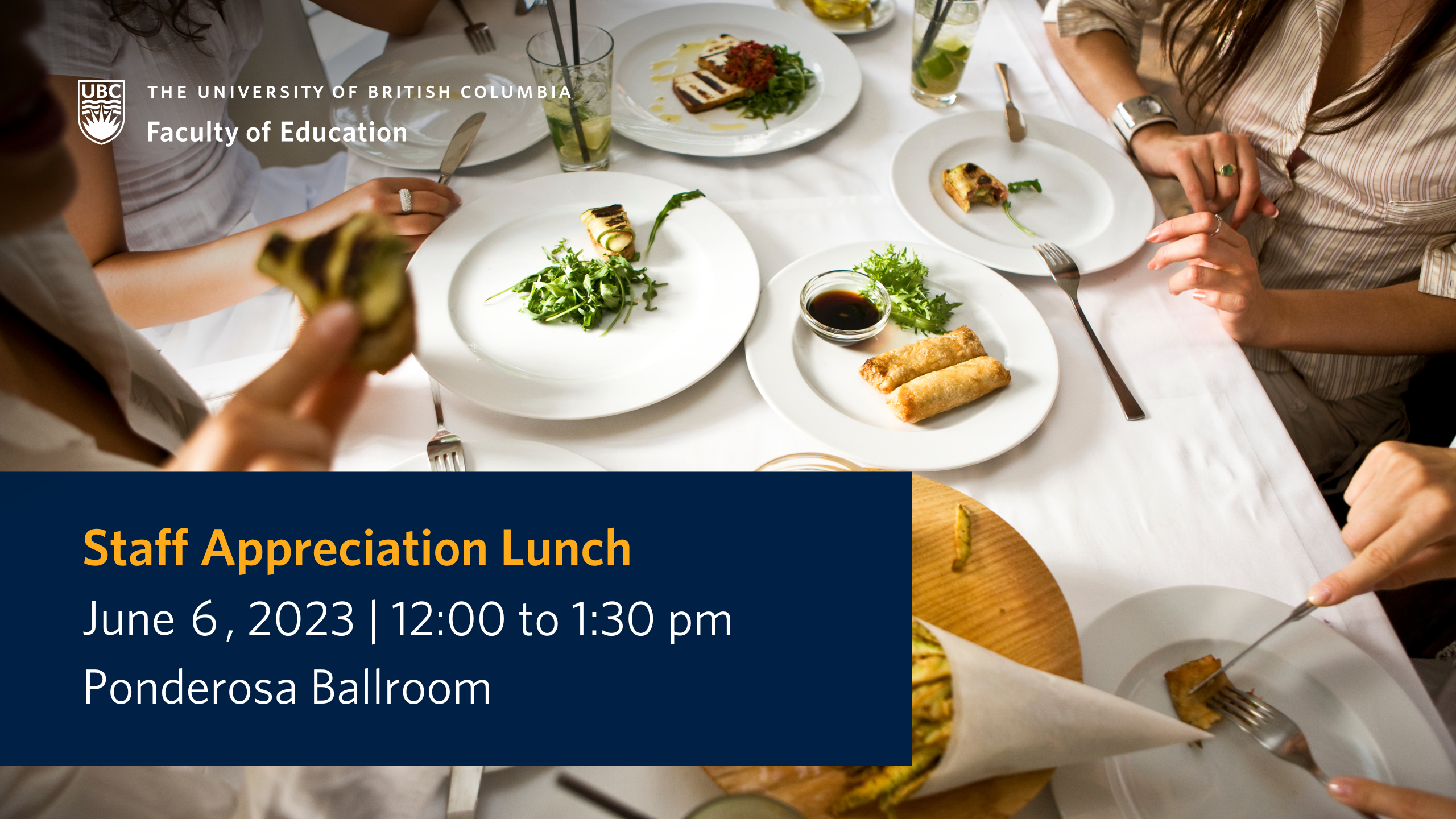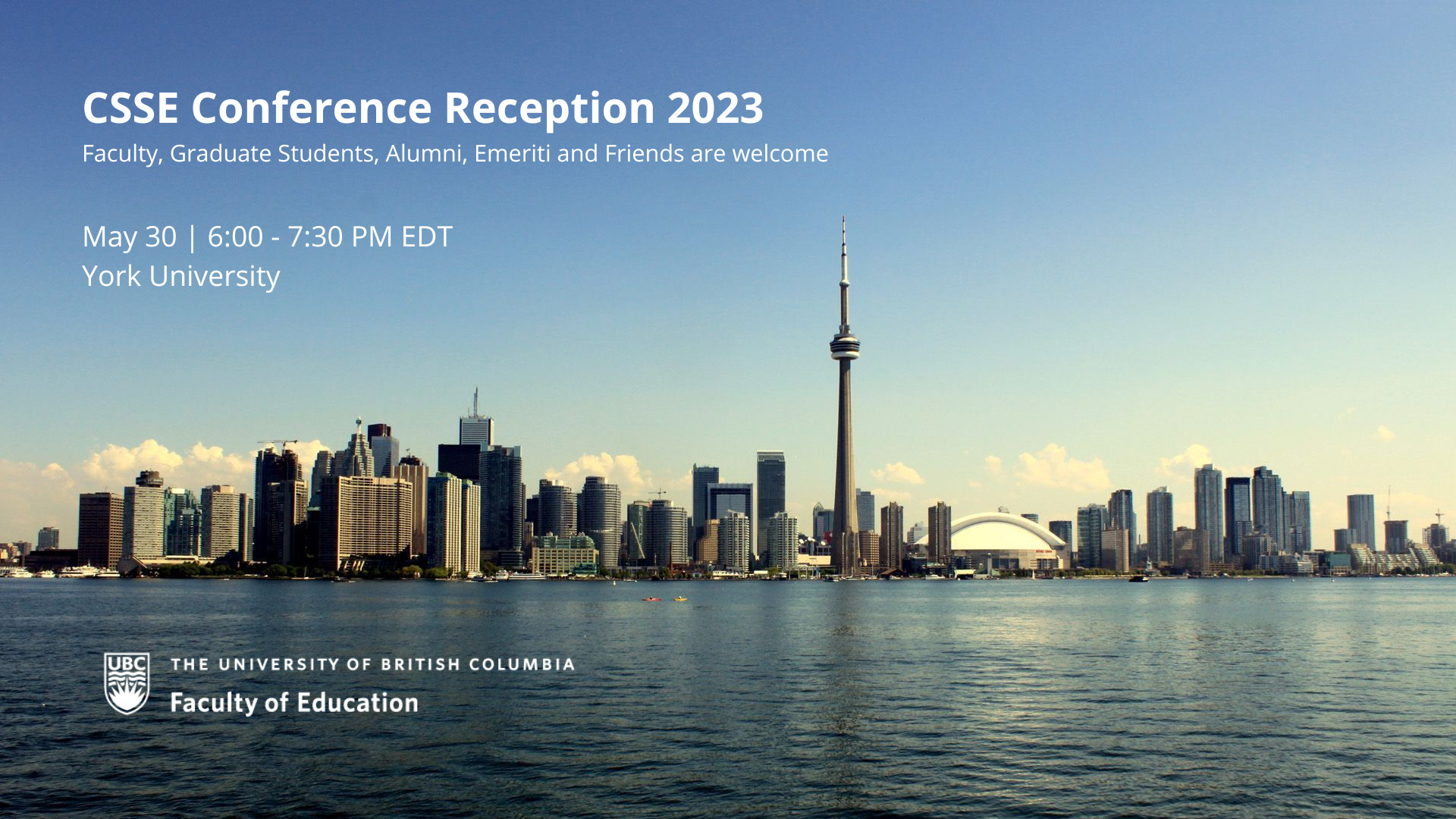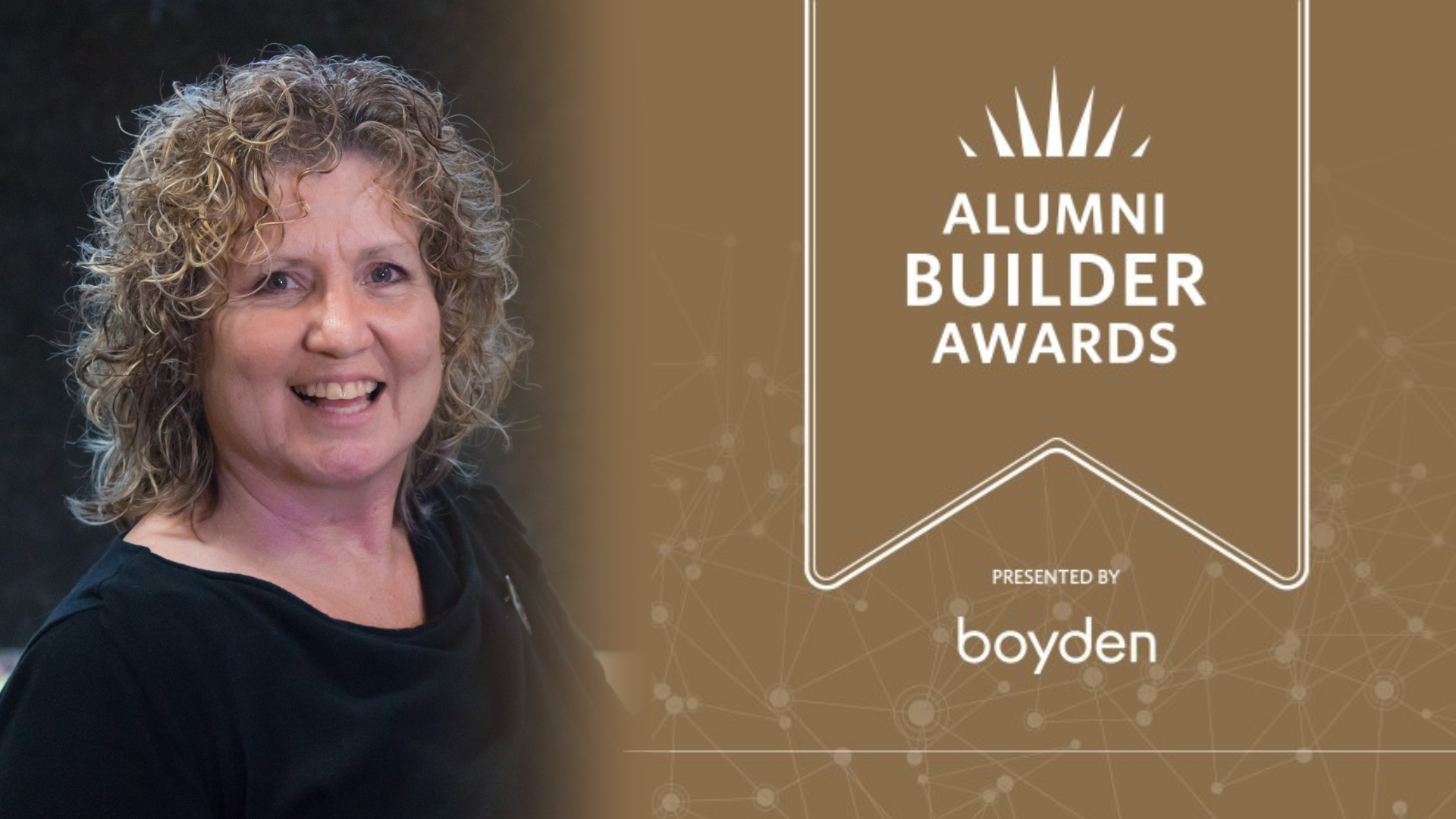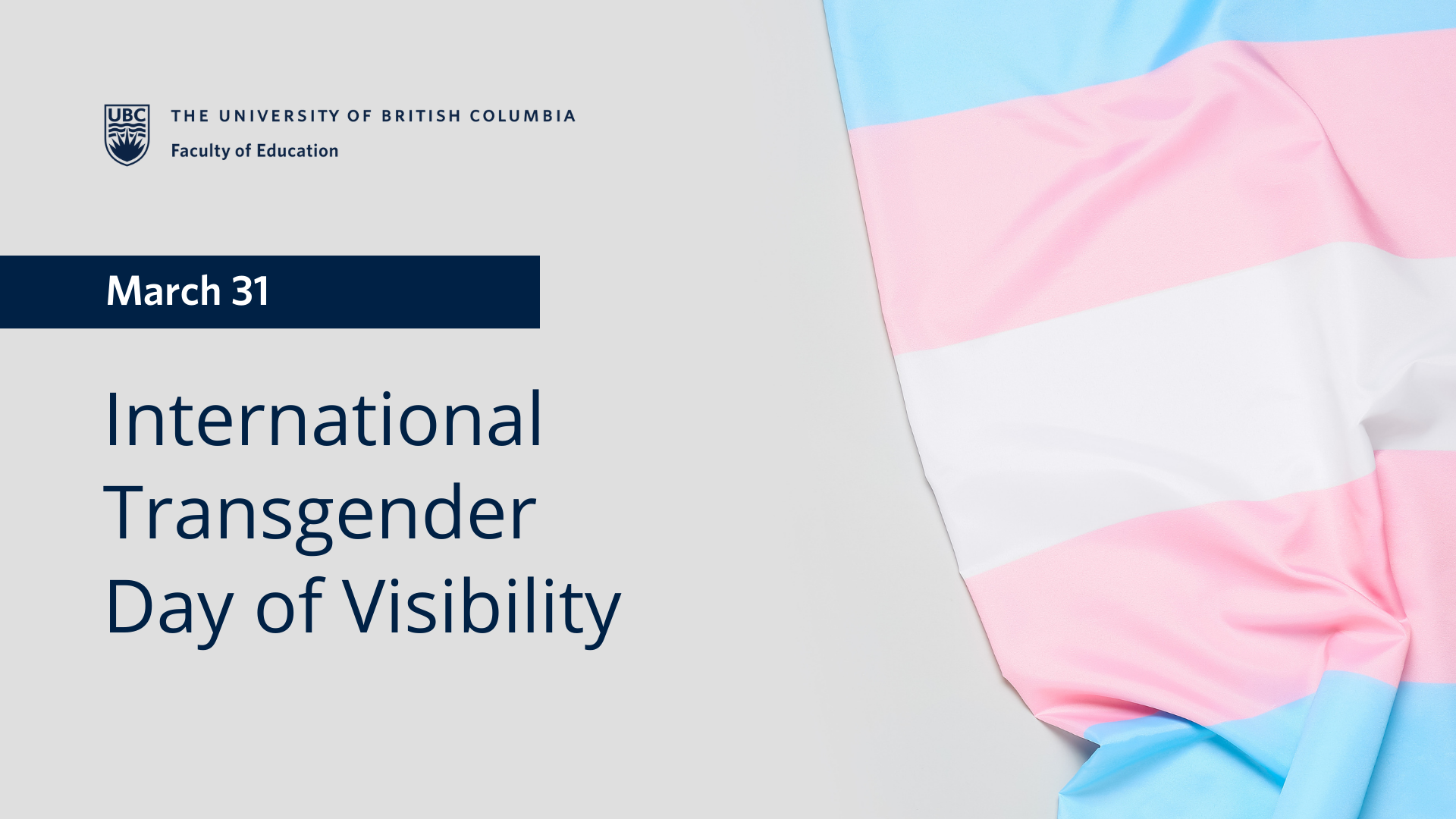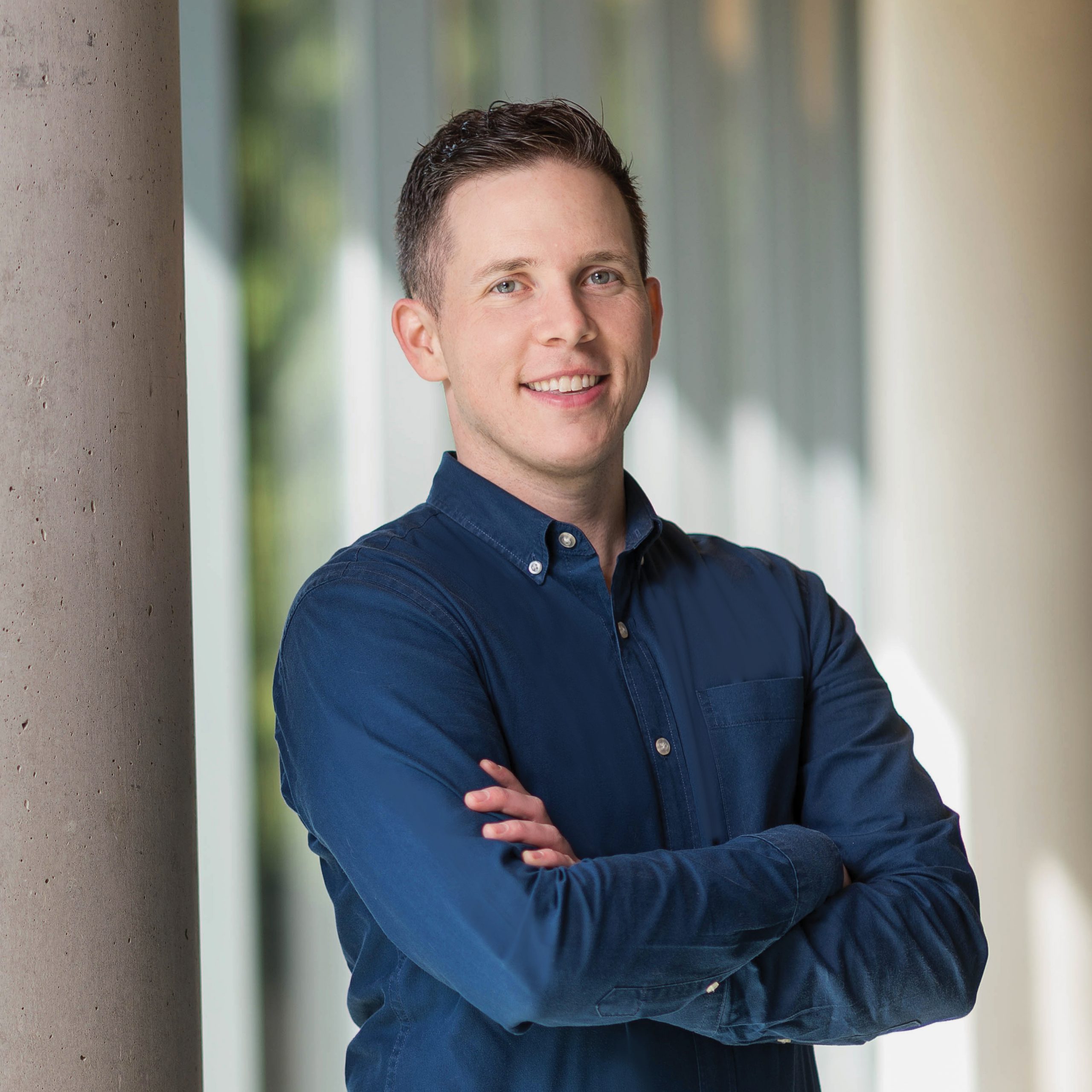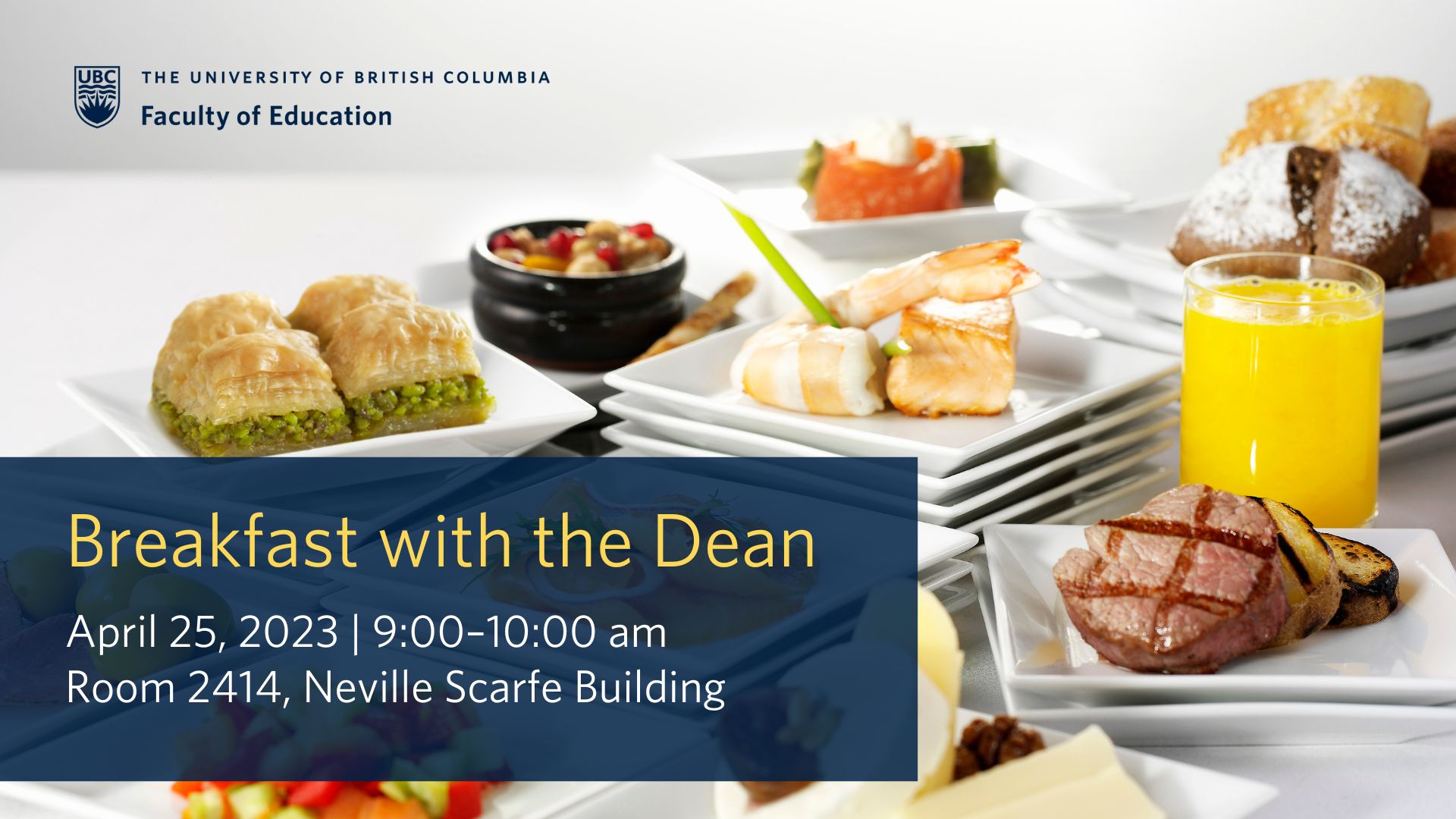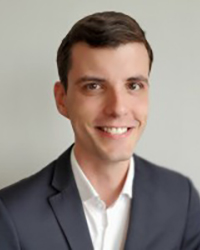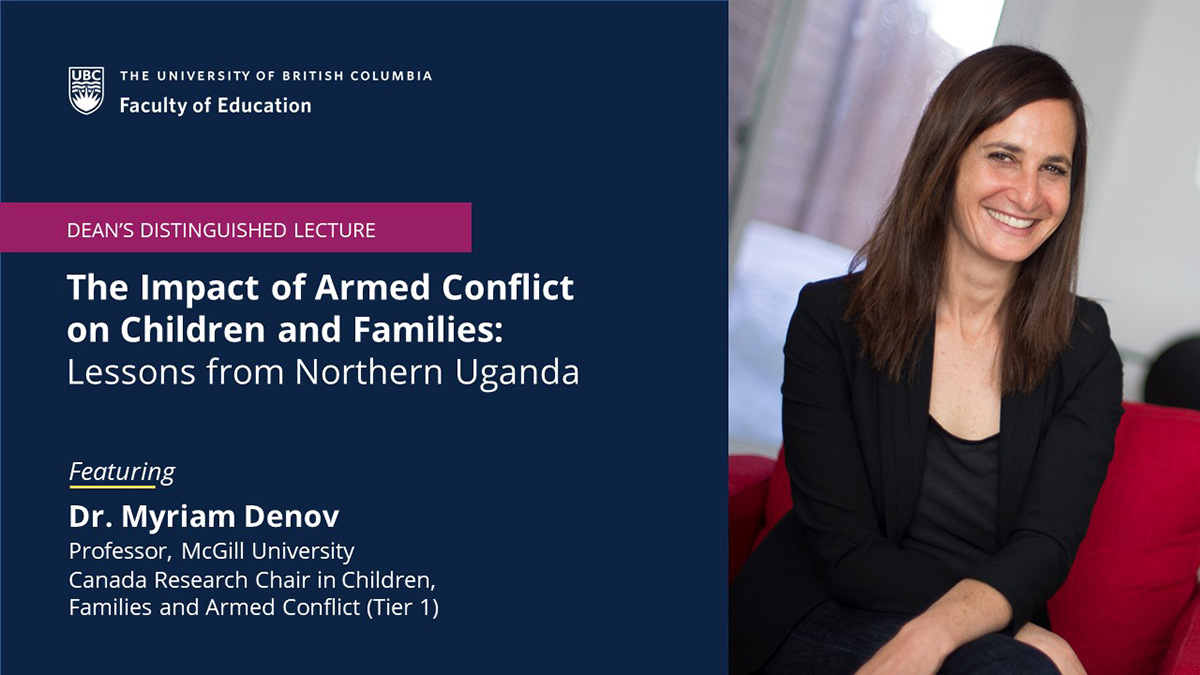
2023 Dean’s Distinguished Lecture
The Dean’s Distinguished Lecture series highlights ongoing work in the Faculty of Education and beyond to address some of society’s most pressing problems.
Dr. Jan Hare, Dean pro tem of the Faculty of Education welcomes our 2023 Dean’s Distinguished Lecturer, Dr. Myriam Denov, Canada Research Chair in Children, Families and Armed Conflict (Tier 1) and Professor at McGill University.
The Impact of Armed Conflict on Children and Families: Lessons from Northern Uganda
Dr. Denov begins her lecture by naming six grave violations against children during armed conflict; these six violations were created, identified and condemned by the United Nations Security Council in 1999. Dr. Denov begins with examples from the current war in Ukraine before turning to northern Uganda, exploring the realities and perspectives of a sample of 80 children born of conflict-related sexual violence within the Lord’s Resistance Army (LRA).
Dr. Denov describes the multiple challenges that these children faced during the war, as well as in the post-war period, including rejection, stigma, violence, socio-economic marginalization, and issues of identity and belonging.
The children underscored the profound violence and deprivation that they experienced while in LRA captivity. However, because of post-war marginalization and exclusion, children individually and collectively voiced that, in some ways, wartime was better than peacetime. Dr. Denov discusses the significance of these findings, particularly for long-term reintegration and reconciliation.
Dr. Denov ends the lecture by sharing the advocacy, service, and policy needs of this unique and important group of children, the intergenerational legacies of war, and a message of hope.
Recorded Lecture
Submit Request
About Dr. Myriam Denov
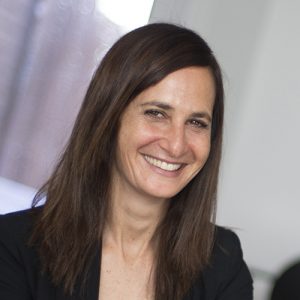 Dr. Myriam Denov is a Professor at McGill University and holds a Canada Research Chair in Children, Families and Armed Conflict (Tier 1). Her research interests lie in the areas of children and families affected by war, migration, and their intergenerational impact. A specialist in participatory and arts-based research, she has worked with war-affected children and families in Africa, Asia, and the Americas. Her current research is exploring children born of conflict-related sexual violence in northern Uganda, Rwanda, and Cambodia.
Dr. Myriam Denov is a Professor at McGill University and holds a Canada Research Chair in Children, Families and Armed Conflict (Tier 1). Her research interests lie in the areas of children and families affected by war, migration, and their intergenerational impact. A specialist in participatory and arts-based research, she has worked with war-affected children and families in Africa, Asia, and the Americas. Her current research is exploring children born of conflict-related sexual violence in northern Uganda, Rwanda, and Cambodia.
Dr. Denov has presented expert evidence in court on child soldiers and has advised government and nongovernmental organizations on children in armed conflict and girls in armed groups. She has authored, co-authored, or co-edited eleven books addressing the impact of war on children, including Child Soldiers: Sierra Leone’s Revolutionary United Front, published by Cambridge University Press in 2010. She is the founding Director of Global Child McGill, a research group dedicated to children and families affected by war and migration.
Dr. Denov is the recipient of a SSHRC Insight Award and a Killam Research Fellowship. She is a Trudeau Foundation Fellow and member of the Royal Society of Canada College of New Scholars, Artists and Scientists. She holds a PhD from the University of Cambridge, where she was a Commonwealth Scholar.
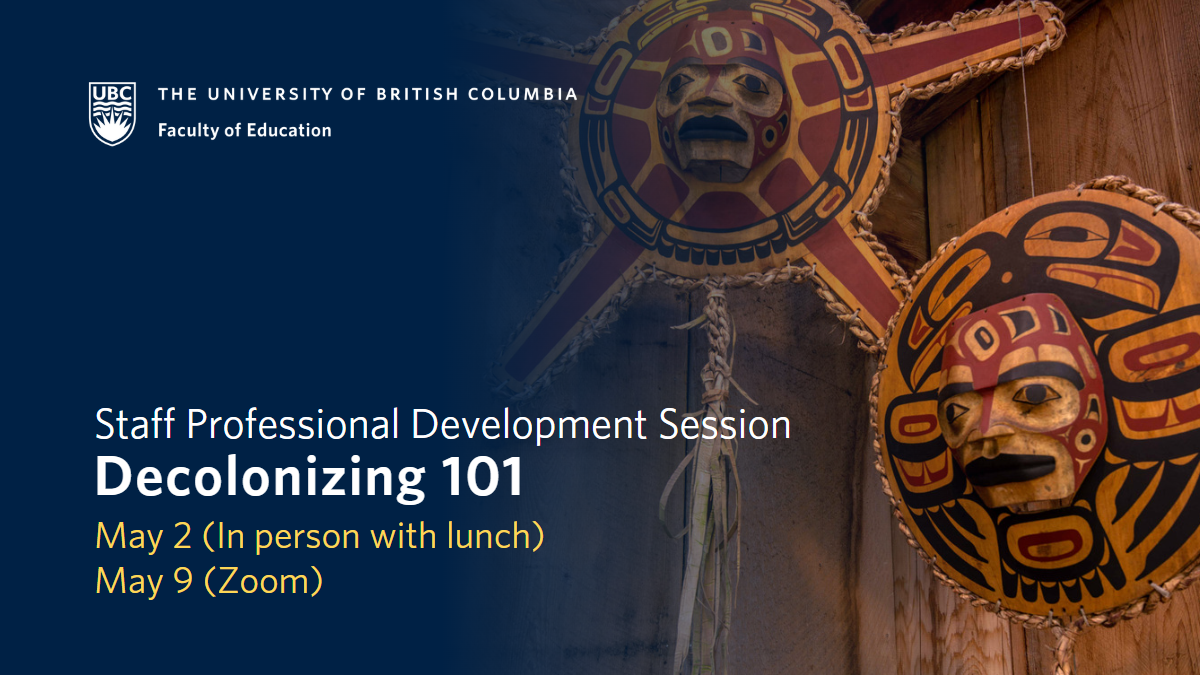

 Dr. Myriam Denov is a Professor at McGill University and holds a Canada Research Chair in Children, Families and Armed Conflict (Tier 1). Her research interests lie in the areas of children and families affected by war, migration, and their intergenerational impact. A specialist in participatory and arts-based research, she has worked with war-affected children and families in Africa, Asia, and the Americas. Her current research is exploring children born of conflict-related sexual violence in northern Uganda, Rwanda, and Cambodia.
Dr. Myriam Denov is a Professor at McGill University and holds a Canada Research Chair in Children, Families and Armed Conflict (Tier 1). Her research interests lie in the areas of children and families affected by war, migration, and their intergenerational impact. A specialist in participatory and arts-based research, she has worked with war-affected children and families in Africa, Asia, and the Americas. Her current research is exploring children born of conflict-related sexual violence in northern Uganda, Rwanda, and Cambodia.